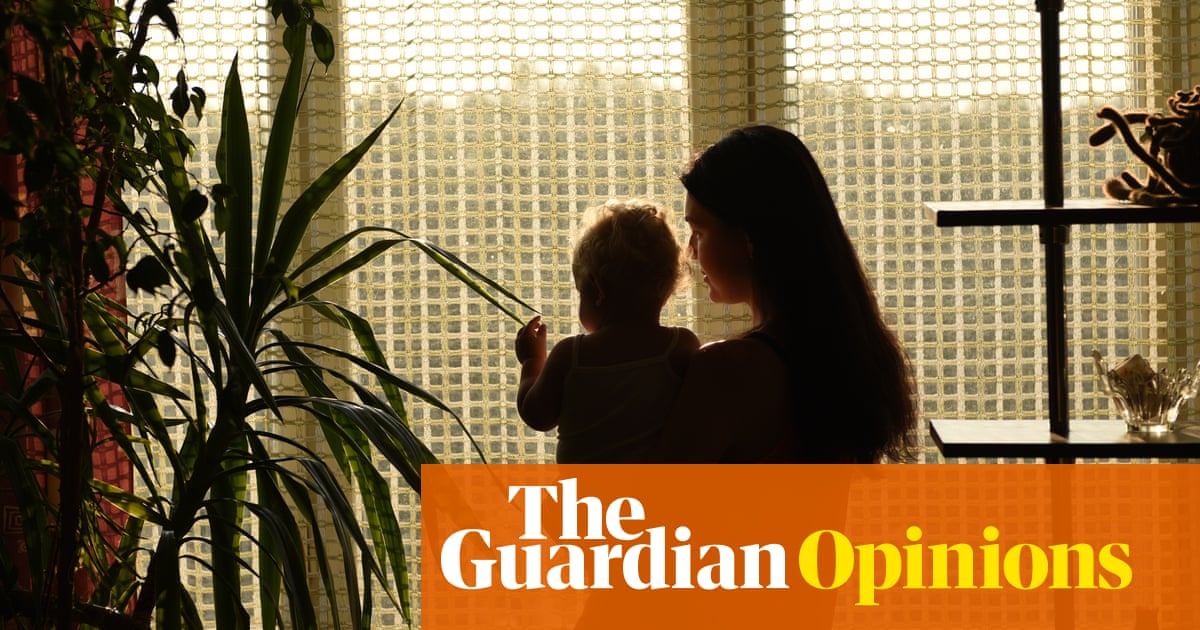When I saw the two little blue stripes on the pregnancy test, the first person I wanted to tell was my mum. The only person as excited as a new mum-to-be is her mother. Not only is she becoming a grandmother, she gets to experience one of the happiest and most life-changing events of her daughter’s life, offering her wisdom along the way.
My mum would’ve been no exception. She found immense happiness in raising her own children, and she had always wanted me to experience the same joy.
But when I told her I was going to be a mum, she was past the point of understanding. She’d been diagnosed with young-onset dementia three-and-a-half years before, at only 58.
Each time I saw Mum I would tell her my happy news again. Sometimes, she seemed to understand, sometimes she didn’t.
For the first half of my pregnancy I was horrifically unwell. And whenever I’m sick, my mum is the only person I want. I adore my partner, but no one can care for you like your mum does. Only your mum radiates worry until you’re better.
Through the sickness, and through the excitement, I felt Mum’s loss acutely. There was no one texting me every day asking about my symptoms, sending me links to herbal remedies she swore by when she was pregnant, asking whether I’d felt the baby move yet, or when my next scan was.
There was no one excitedly buying baby clothes every time they set foot in a baby shop, as I knew my mother would have done if she still could have. And there was no one I felt I could bother on a daily basis about whether this or that thought or feeling during pregnancy was normal.
Sign up toSaved for Later
Catch up on the fun stuff with Guardian Australia's culture and lifestyle rundown of pop culture, trends and tips
after newsletter promotion
When my waters broke a month early I felt deeply afraid for my baby. I wanted so much to phone Mum to seek her reassurance; to have her come to the hospital with premmie nappies and tiny onesies. When the baby came five days later I phoned her from the hospital and told her she had a grandson. She said “mmm”, and asked if I knew where her dog was.
When my mother-in-law gave us a huge wicker basket filled with beautiful baby things, I burst into tears because I knew my mum would have done the same, but couldn’t. She would have bought so much loot for the baby and I would’ve been protesting that we had no room in the house and asking if she had the receipts because we probably didn’t need 18 newborn-sized cardigans.
I think of Mum often in my day-to-day life as a mother now too. Of how she would sing The Little Engine That Could when my brother and were too tired to walk any more: “I think I can! I think I can!” Or how she would get us doing the hokey pokey to wash ourselves in motel showers when no bath was available. Her methods of making scary or impossible-seeming things fun were ingenious.
Sometimes, when I need advice, I try to imagine what hers might have been. But it saddens me that I never seem to be able to think of what she would have said. I am slowly forgetting her, even though she is still here. Would she have been a confident grandmother, always offering her advice? Or would she have been self-conscious about not knowing how things are done these days?
When I noticed I was forgetting her, I started writing down little things as I remembered them. Things like how she would eat the syrup off McDonald’s sundaes and leave most of the soft serve. Or how a mealtime rarely went by without her asking if we wanted poo on toast.
I love remembering these things, but they also make me sad that my child will never know them, will never know his nana. Even though she doesn’t really know who he is, and always calls him a “she”, my mum’s face still lights up when I take him to visit. She speaks gibberish to him. When he smiles, Mum says how beautiful “she” is.
I try to fill the void left by Mum by seeking connection and advice from friends and family members, but she has left a space that can never really be filled. All I can do is try to remember her and, one day, tell my son about her.
